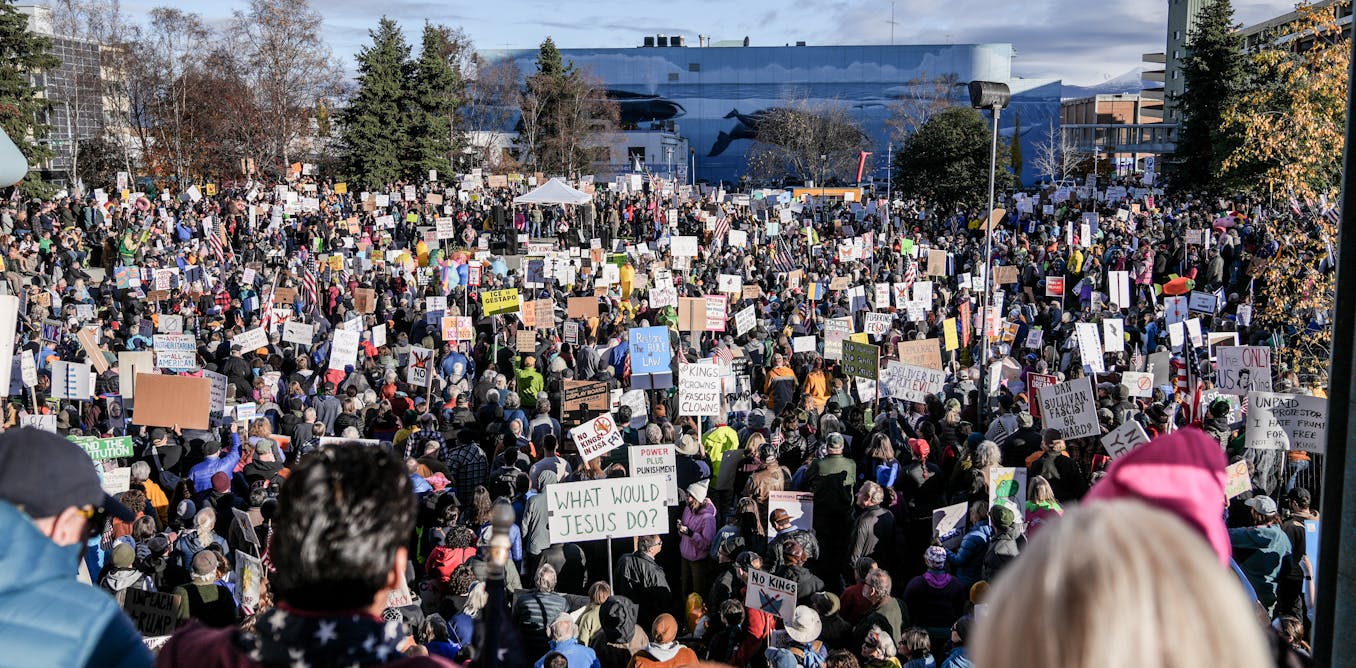3 is questionable - I’m disinclined to regard ‘dissident’ Republicans as numerous enough to make a coalition with them anything but repulsive to left-leaning voters, and US ‘libertarians’ are not much more than Republicans themselves.
5 is a bit optimistic - I’m not ready to write off elections in the US just yet, but regarding it as the best method to defeat autocracy is questionable. A handful of strongman leaders and autocrats have fallen due to elections - most notably, Pinochet in Chile - but most consolidate enough power from supporters in the government that faking or ignoring electoral results, like Maduro in Venezuela, is trivial.
Otherwise, this is solid advice.
- As a tactic in the near-term, I don’t mind it. As a concrete example, there are many counties that have not (and likely will not) have a serious progressive candidate. In these spaces and races, I think there’s a good argument for finding a libertarian or never-trumper whose willing to endorse and push guard-rails and electoral reform. (For example, it’s pretty easy to find libertarians who endorse ranked choice voting and multi-seat districts. They’re probably better candidates in Idaho than otherwise available.) One value from having non-leftist endorsements on some issues is that it breaks the ‘red vs blue’ tribe narrative.
I agree they don’t make sense in major organizing roles, and wont be part of a long-term coalition. But if breaking up the polarization and 2-party system is an important step, then I think there’s a much bigger cohort that would be interested.
- Yeah I think their use of ‘best’ is not in terms of ‘most reliable’ or ‘leading to best outcomes for people’; it might be in terms of ‘least damaging to the established political systems’.
I like the OP post. I appreciate the examples of actions that work. I do wish, for example, that I knew of more parallel systems and citizen assemblies in my state. More research to do.
Removed by mod


